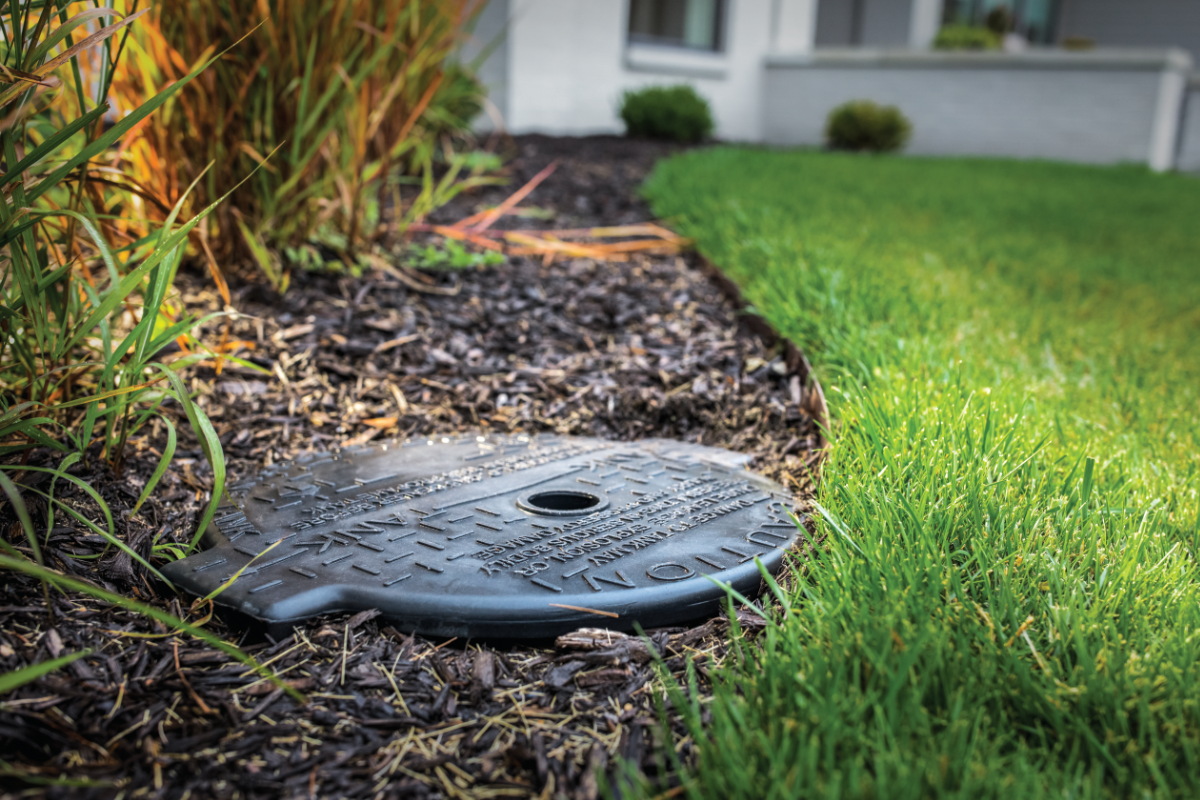Cathodic protection testing plays a crucial role in the preservation of underground propane tanks, guaranteeing their security, and prolonging their longevity. This mandatory testing must be completed at the time of installation, within six months of installation and every three years afterwards. For valued customers who lease their underground tanks from Bedford Valley Petroleum & Propane, this service is provided at no extra charge. Homeowners who own their underground tanks bear the responsibility for this task, but rest assured, we are here to offer our assistance. In this blog, we will explore what cathodic protection testing is, why it is crucial for underground propane tanks, how often it should be performed to maintain the integrity of these essential storage systems, and how you can schedule testing for your underground tank.
What is Cathodic Protection Testing?
Cathodic protection is an electrochemical technique used to prevent corrosion of metal surfaces, especially in buried structures like underground propane tanks. It works by making the protected metal the cathode of an electrochemical cell, effectively preventing it from corroding.
Cathodic protection testing involves evaluating the effectiveness of the cathodic protection system by measuring and assessing various electrical and chemical parameters.
Why is Cathodic Protection Testing Important for Underground Propane Tanks?
1. Safety: Underground propane tanks store a highly flammable and potentially hazardous substance. Ensuring their structural integrity through cathodic protection testing is essential to prevent leaks, spills, and catastrophic failures. Homeowners are responsible and liable for any damage or injury caused by a lapse in cathodic protection testing.
3. Compliance: NFPA 58 National Fire Protection Association-Regulations require that all underground tanks must receive cathodic protection testing from a qualified cathodic protection professional at the time of installation, within six months of installation and at least every three years thereafter. Homeowners are required to keep the results of the last two tests to prove that cathodic protection is working.
4. Cost Savings: Regular cathodic protection testing can identify and address corrosion issues early, preventing costly repairs or the premature replacement of propane tanks.
How Often Should Cathodic Protection Testing Be Done for Underground Propane Tanks?
NFPA 58 National Fire Protection Association-requires cathodic protection testing be completed at installation, six months after installation and every three years thereafter. Certain factors can affect the need for more frequent testing. Here are some things to consider:
1. Tank Material: The material composition of the propane tank can influence the rate of corrosion. Different materials may require more or less frequent testing.
2. Environmental Conditions: Propane tanks buried in areas with harsh environmental conditions, such as high soil moisture, high salinity, or extreme temperatures, may require more frequent testing.
3. Tank Age: Older propane tanks may require more frequent testing due to the natural wear and degradation of components over time.
4. Previous Test Results: If prior tests have shown corrosion issues or inadequate protection, more frequent testing may be necessary until these issues are resolved.
If you are unsure of any of these factors, fill out the form below to arrange for one of our skilled technicians to assist you.
Cathodic protection testing is a critical maintenance practice for underground propane tanks, ensuring their safety, compliance with regulations, and longevity. By preventing corrosion through regular testing and maintenance, propane tank owners and operators can protect their investments, and ensure public safety. Adhering to industry standards and regulatory requirements while conducting frequent tests and inspections is crucial for the continued effectiveness of cathodic protection systems for underground propane tanks.
Our current customers with leased underground tanks can rest easy, as we take care of the testing process on your behalf. This service is provided free of charge, and we ensure compliance with federal regulations.
For those who own their underground tanks and are uncertain about the status of their tanks or require cathodic protection testing, we offer this service at a fee of $175.
